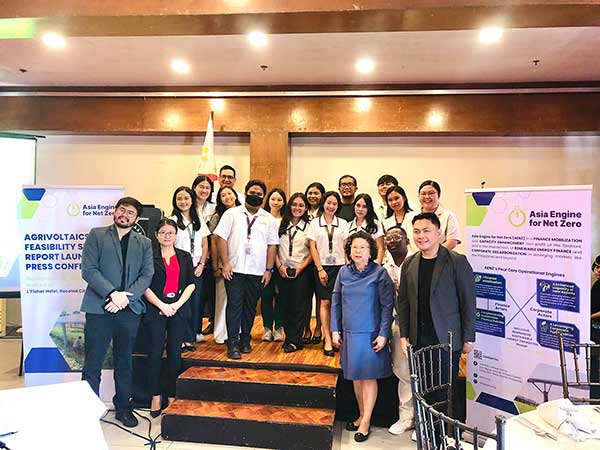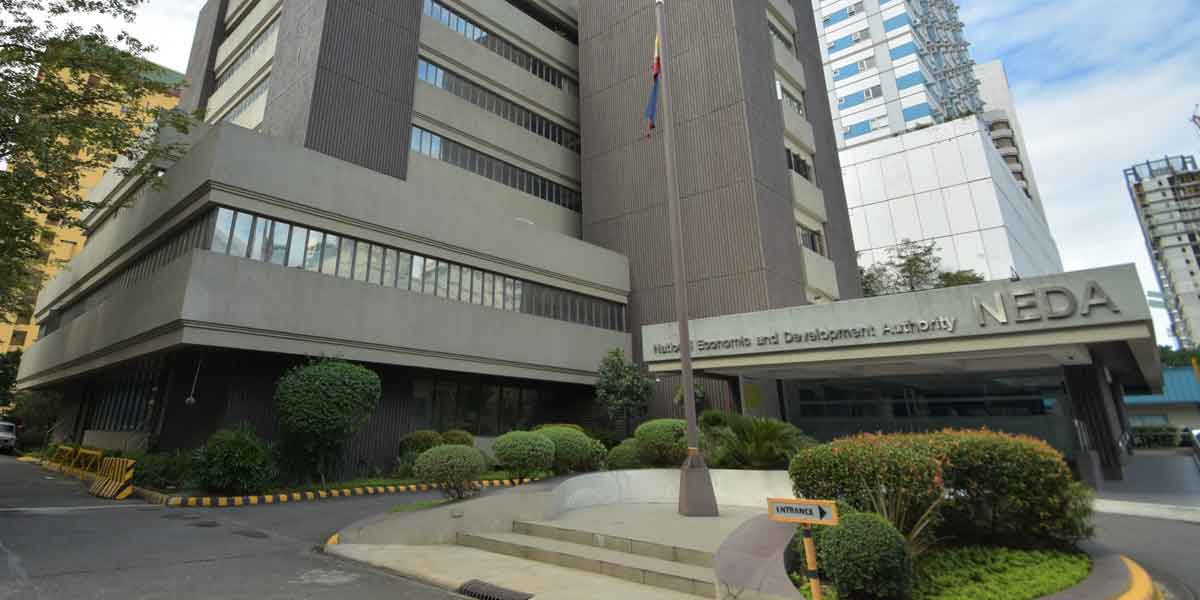
By Glazyl Y. Masculino
BACOLOD CITY – A non-profit organization is collaborating with farmers, policymakers, financial institutions, and developers to mitigate financial risks and ensure the scalability of agrivoltaic projects.
Over 1,400 participants from the academe, business sector, and other industries joined virtually on Nov. 28 for the launch of the first Philippines-focused feasibility study on agrivoltaics. The study supports a national program aimed at enhancing food and energy security.
Marlon Apanada, founder and executive director of Asia Engine for Net Zero (AENZ), explained that agrivoltaics involves co-locating solar photovoltaic (PV) systems with agricultural activities on the same land. This approach addresses pressing challenges in food security, renewable energy, and climate resilience.
Agrivoltaics offers solutions to issues such as extreme weather events, land-use competition, and the rising energy demands driven by population and economic growth.
Speaking at the launch held at L’ Fisher Chalet in Bacolod City, Apanada said the project is in its early stages and aims to scale systematically.
“Our intent is to implement this at scale rather than as a series of one-offs,” he said.
He highlighted the importance of designing projects with the support of local government units (LGUs) and grassroots champions, emphasizing agrivoltaics as a crucial strategy to address food and energy challenges while enhancing climate resilience.
“Investing in pathfinder projects, building partnerships for a consortium, and enacting supportive policies can create a sustainable model for rural development and energy security in the Philippines,” Apanada said.
This approach, he added, aligns with the country’s sustainable finance goals while positioning agrivoltaics as a valuable tool for economic resilience and climate adaptation.
Negros Occidental, known as a renewable energy hub with abundant solar, geothermal, hydro, and biomass energy resources, was chosen as the launch site for this pioneering feasibility study.
Apanada noted that the province’s commitment to food security and clean energy makes it a key player in integrating agrivoltaics into national strategies.
Amid escalating challenges from extreme weather, agrivoltaics provides shade to crops, reduces water evaporation, and stabilizes microclimates. These benefits, supported by studies, can increase crop yields by 10 to 30 percent.
With the Philippines targeting 35 percent renewable energy by 2030 and 50 percent by 2040, agrivoltaics has the potential to integrate food production with energy systems, driving progress toward these goals.
Key findings from the study highlight enhanced solar output, optimized land use, financial benefits for farmers, and smaller, localized systems. For instance, crops beneath solar panels can create cooling effects that boost electricity production by up to 10 percent, balancing energy and agricultural needs.
Farmers can benefit financially, even with reduced arable land, through this innovative system.
While agrivoltaics systems require higher initial investments and modified layouts compared to traditional solar installations, the long-term benefits in energy efficiency, agricultural productivity, and community impact outweigh the costs.
“The benefits are clear; the next step is to make them a reality,” Apanada said.
He pointed out that agrivoltaics is already gaining traction in countries like China, the United States, Germany, Italy, France, and Japan.
AENZ, a Manila-based non-profit, focuses on renewable energy finance and corporate decarbonization in emerging markets like the Philippines. #


















